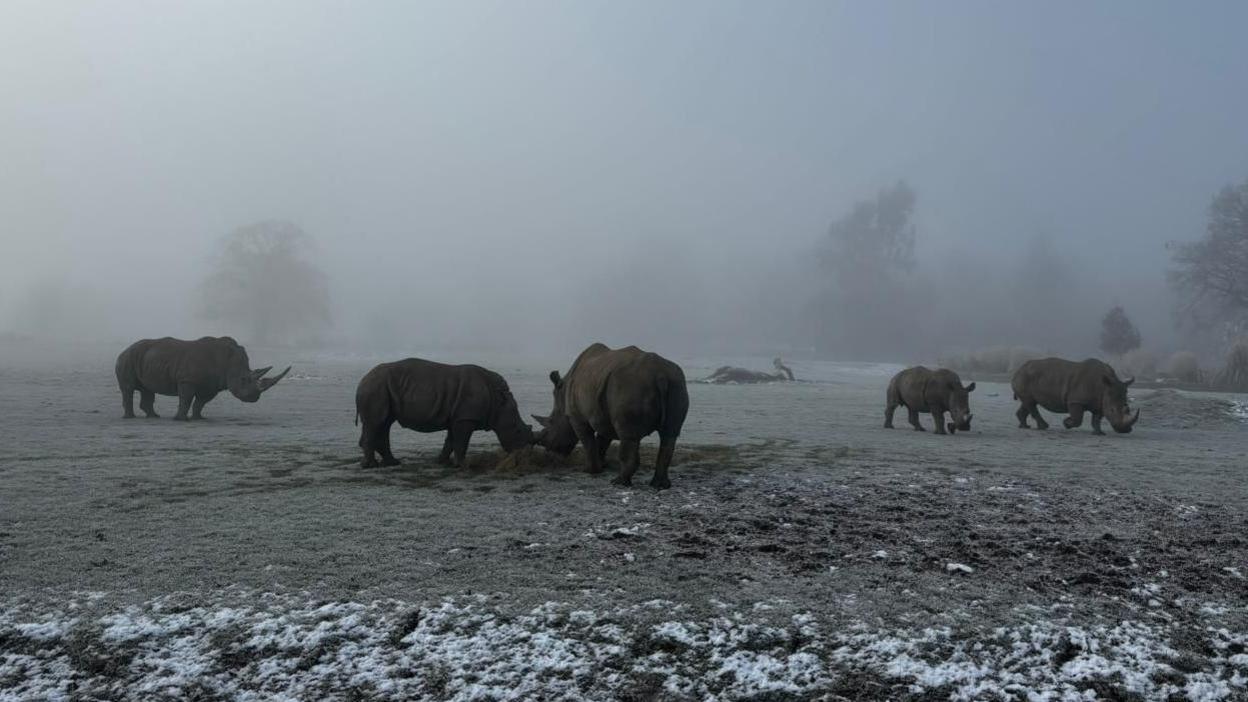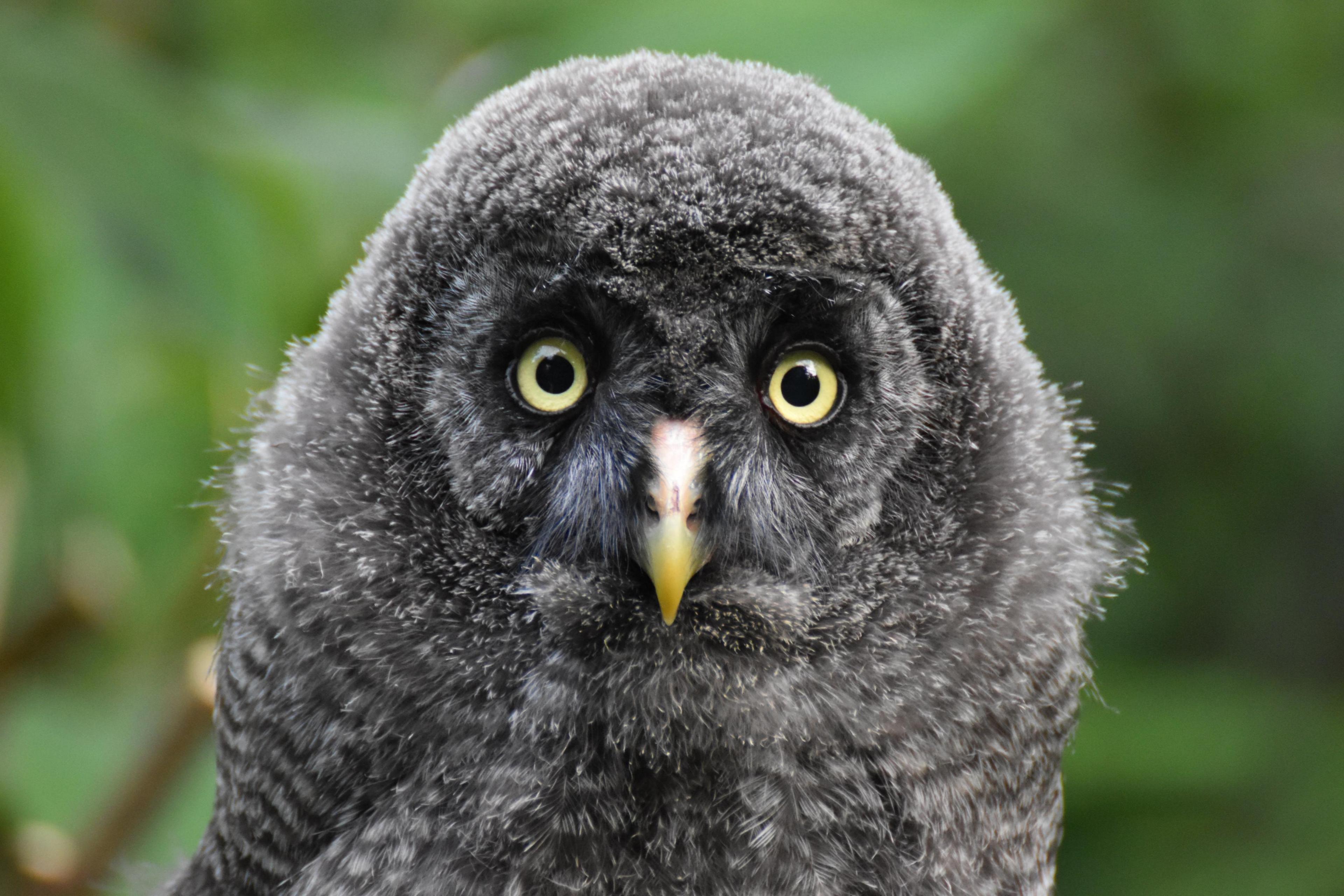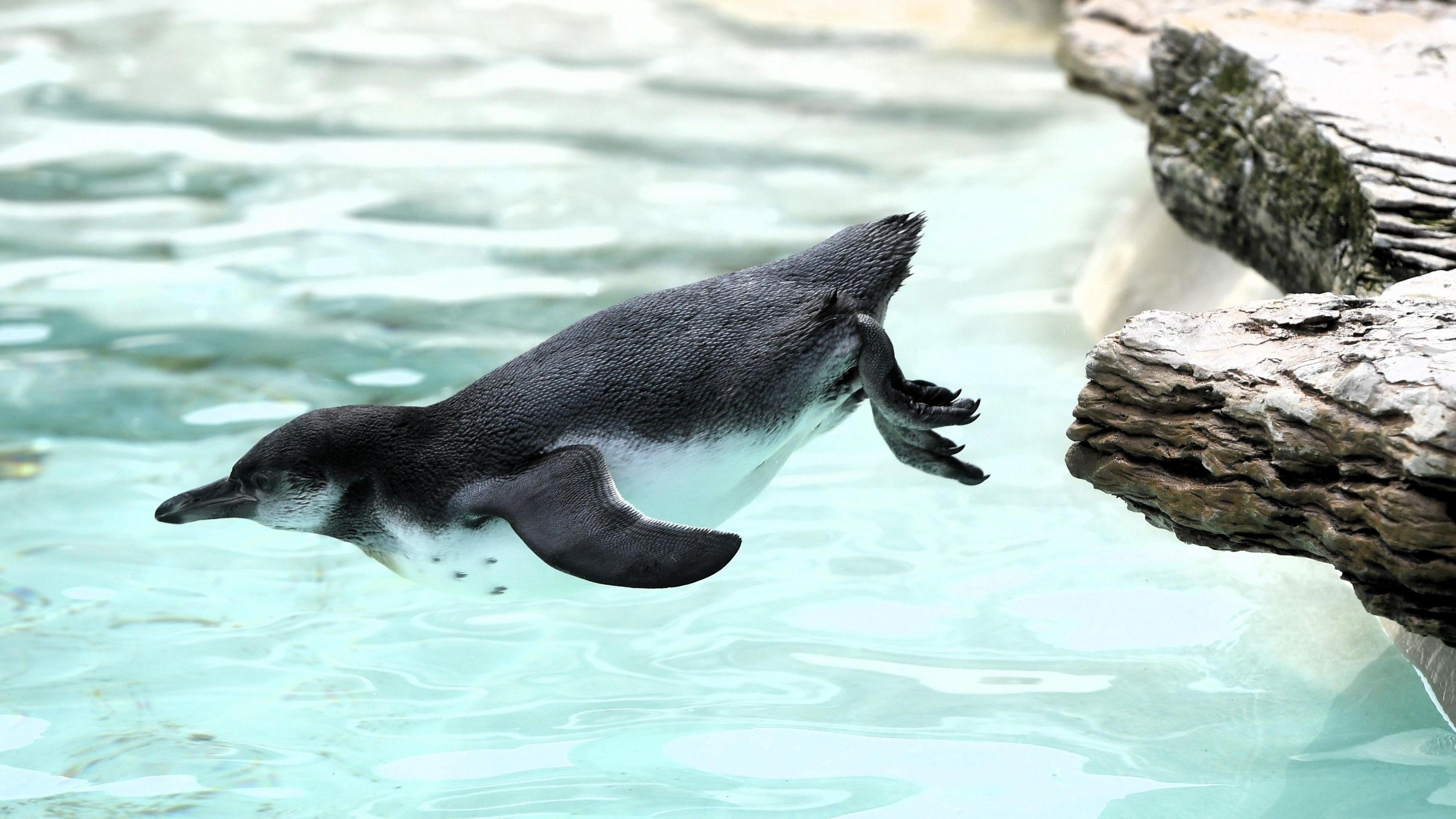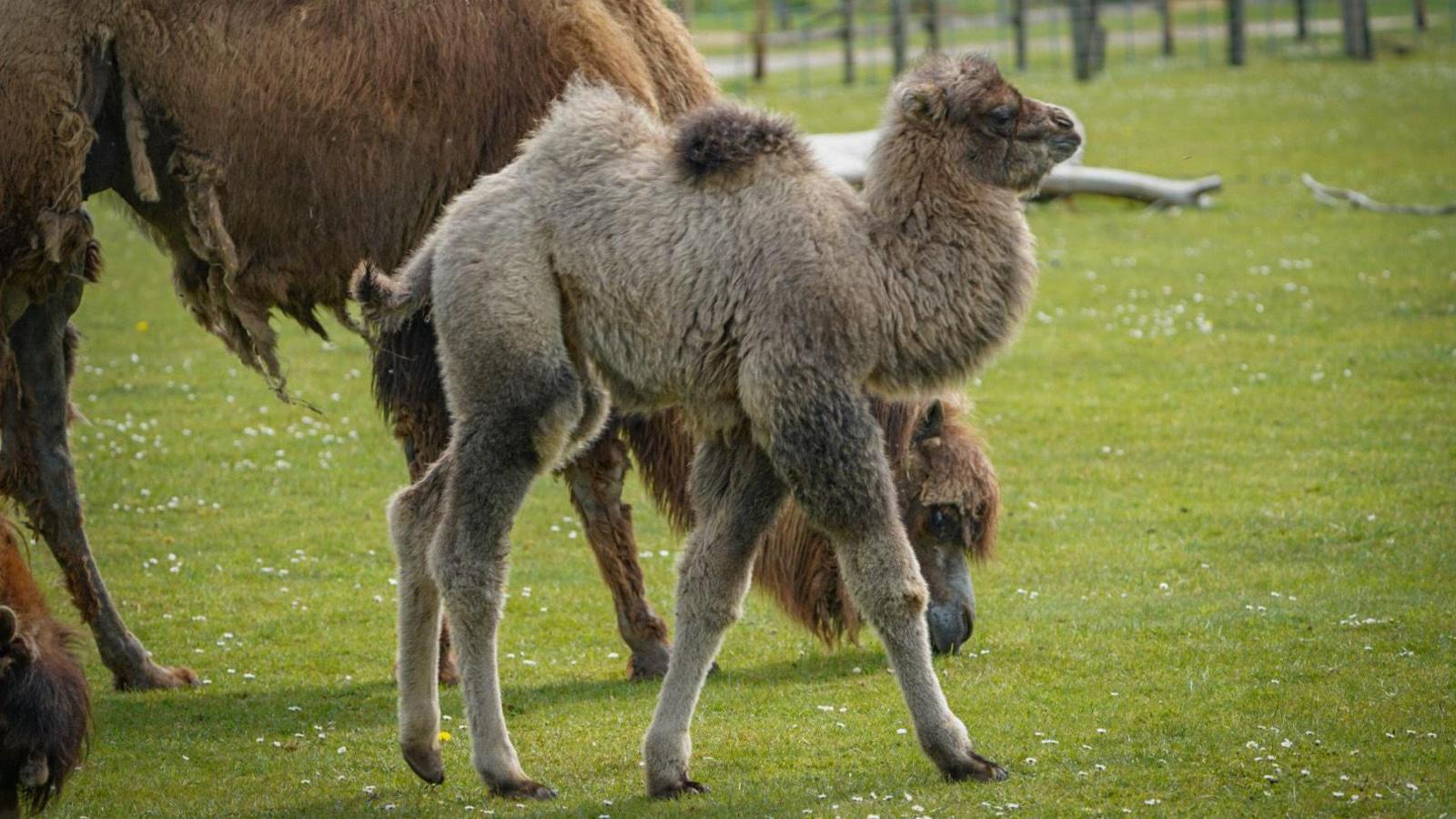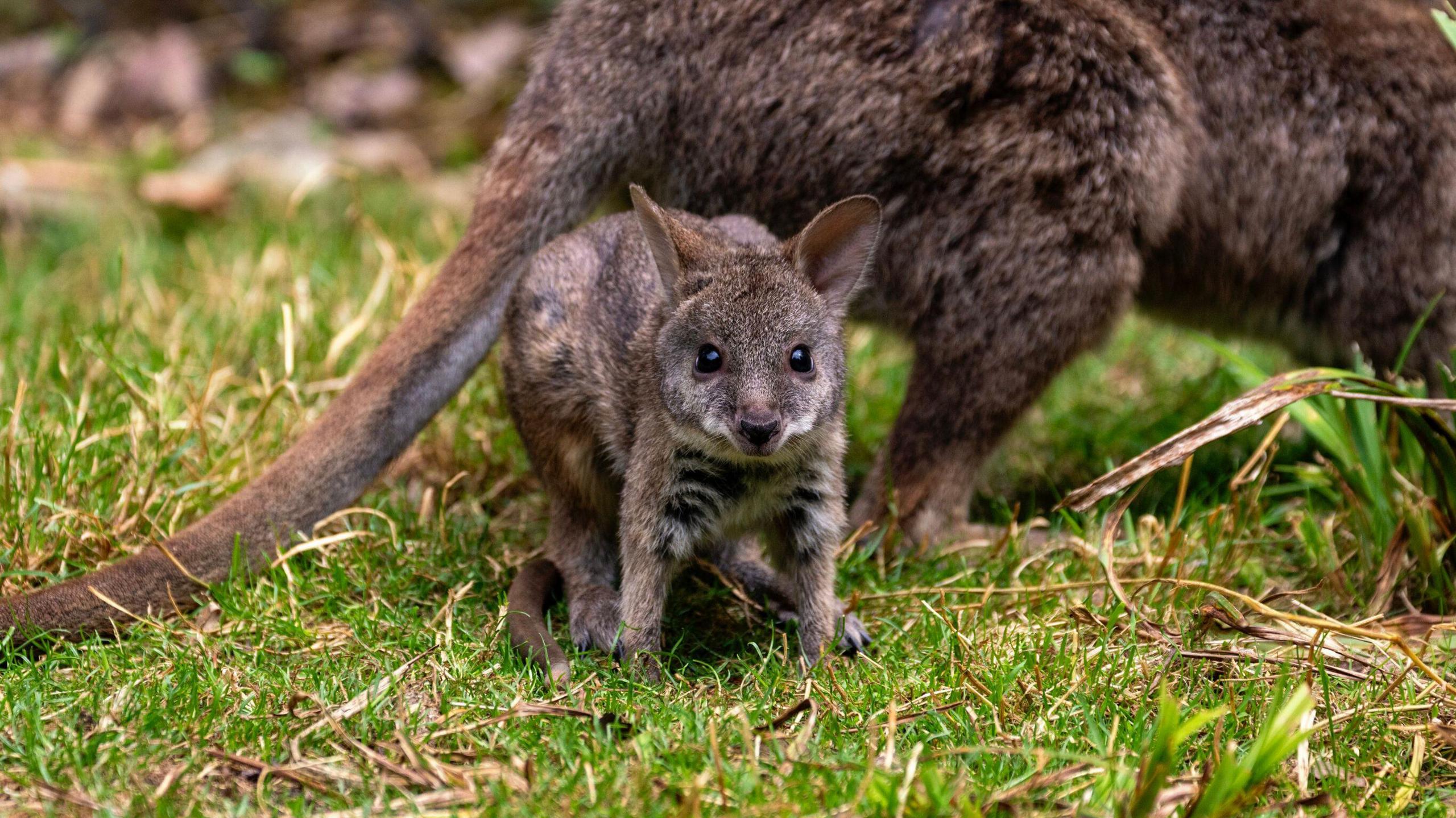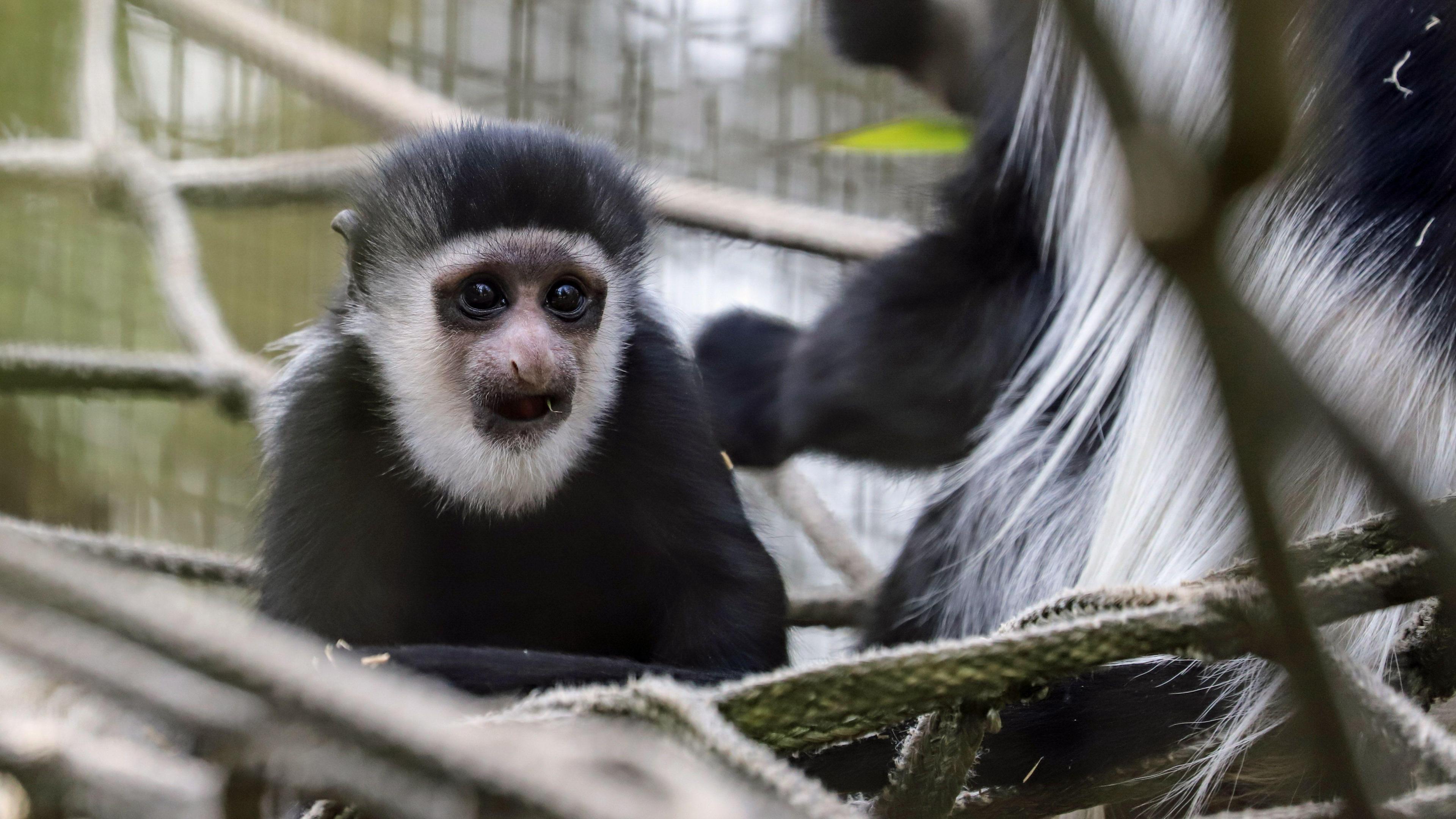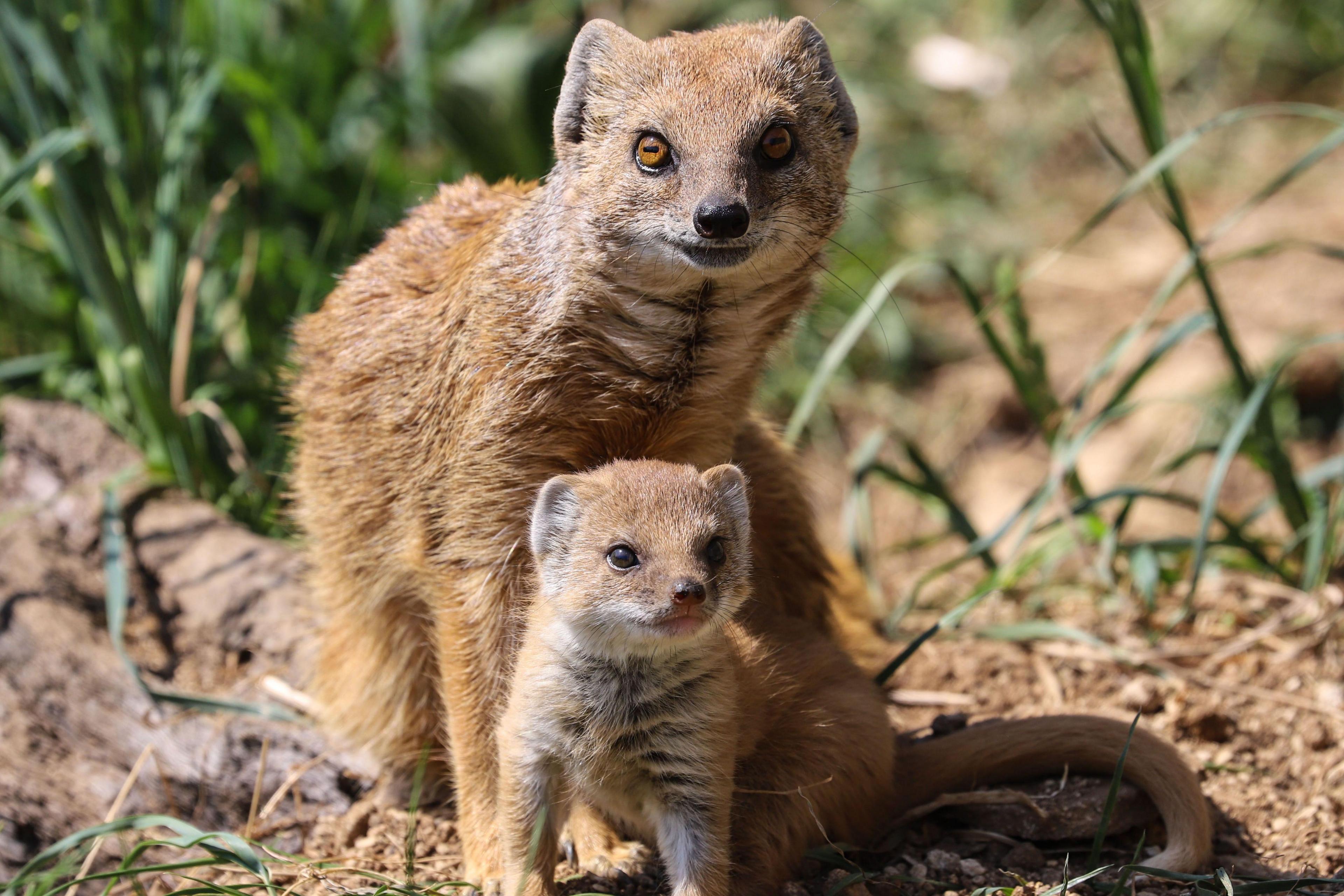Record-breaking year for babies at wildlife park
- Image source, Cotswold Wildlife Park
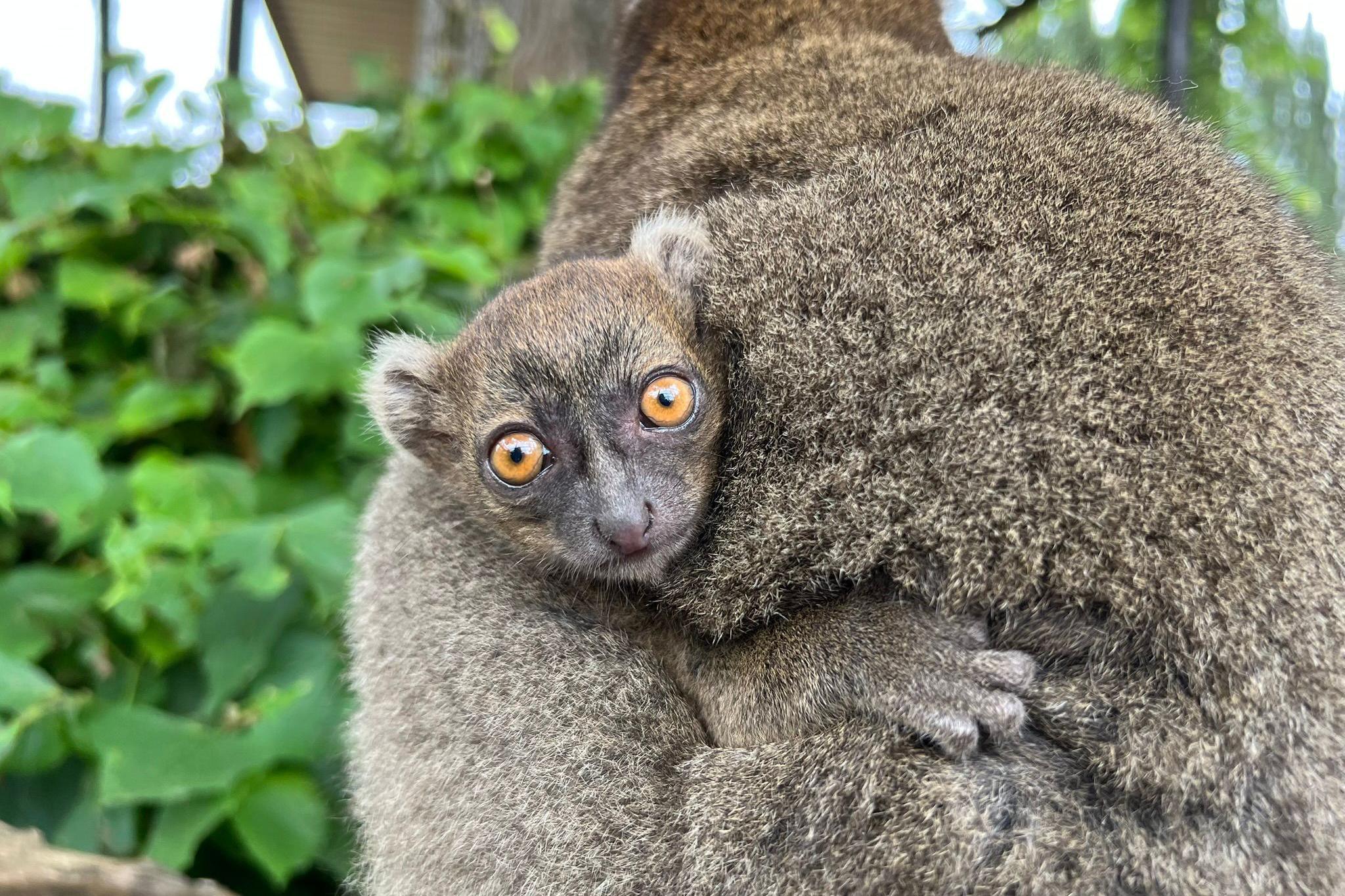
Image caption, The Greater Bamboo Lemur is classified as 'critically endangered' in the wild and only 41 animals are in captivity around the world with 13 at Cotswold Wildlife Park.
1 of 7
- Published
A wildlife park celebrates becoming the only zoological collection in the UK to breed a critically endangered lemur in 2025.
Cotswold Wildlife Park near Burford, Oxfordshire, said it had been the most successful breeding season on record for one of the collection's rarest species – the greater bamboo lemurs.
The new four as-yet-unsexed and unnamed babies have made their debut ahead of World Lemur Day, which is on 31 October this year.
Other highlights of the park's record-breaking breeding season include the Great Grey Owls' surprising first brood and Humboldt Penguins' addition of four chicks, the species most successful breeding season in a decade.
With a population of 13, Cotswold Wildlife Park says it is now home to the biggest breeding group of greater bamboo lemurs in the world.
Visitors can see the offspring of Bijou and Veloma inside the park's Lemur exhibit Madagascar.
Natalie Horner, from the park, said births in captivity were "extremely rare".
"There are only 41 Greater Bamboo Lemurs in captivity across 9 institutions globally. Here at the Park, we are home to 13 individuals. Our group first successfully bred during lockdown in 2020. Since then, our male Raphael and females Bijou and Veloma have produced nine youngsters".
World Animal Day, external is on 4 October and Cotswold Wildlife Park says it's already seen more than 520 animal births this year including owls, camels, penguins and mongoose pups.
Get in touch
Do you have a story BBC Oxfordshire should cover?
You can follow BBC Oxfordshire on Facebook, external, X (Twitter), external, or Instagram, external.
More stories from the wildlife park
- Published28 August
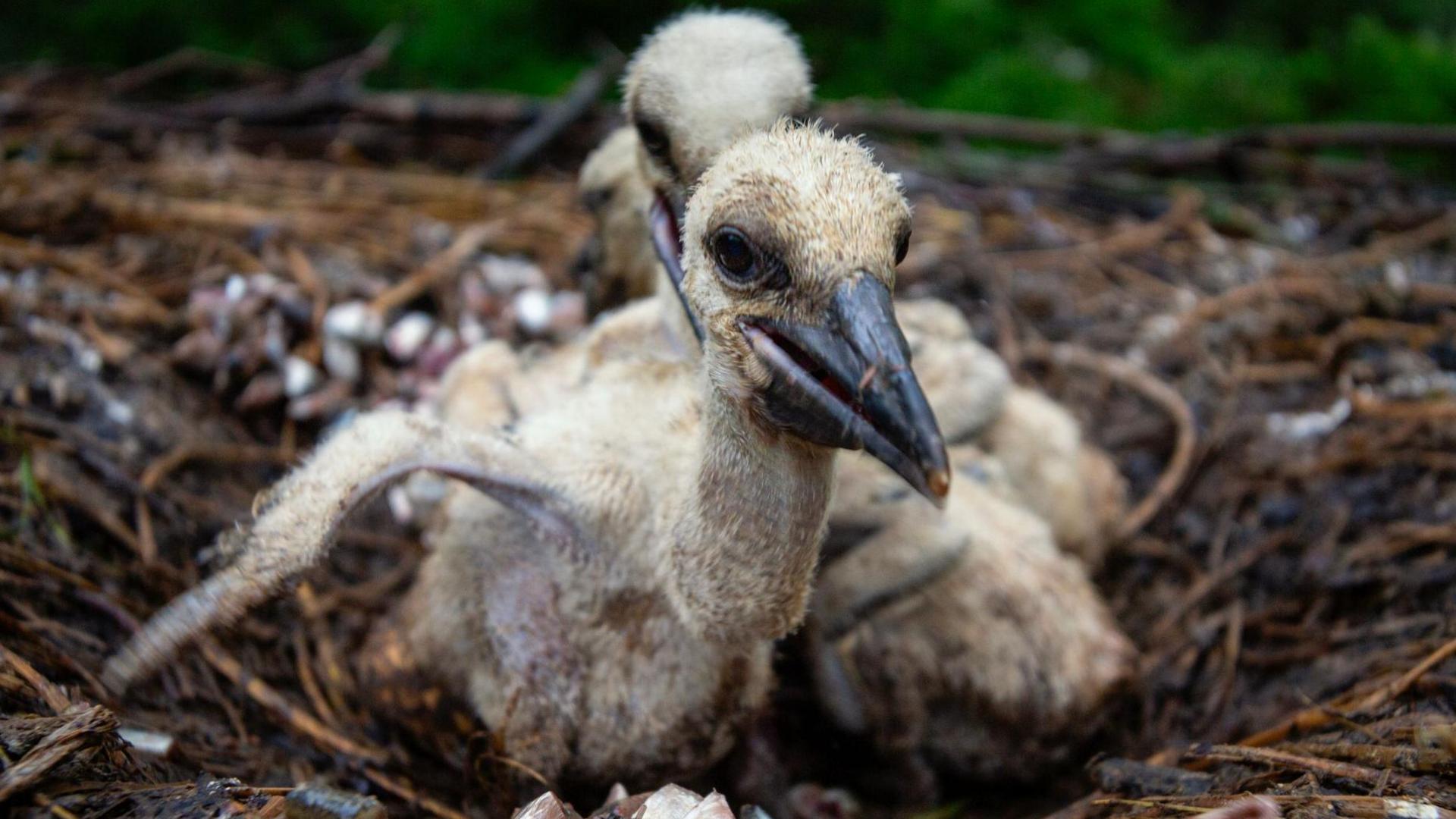
- Published13 April
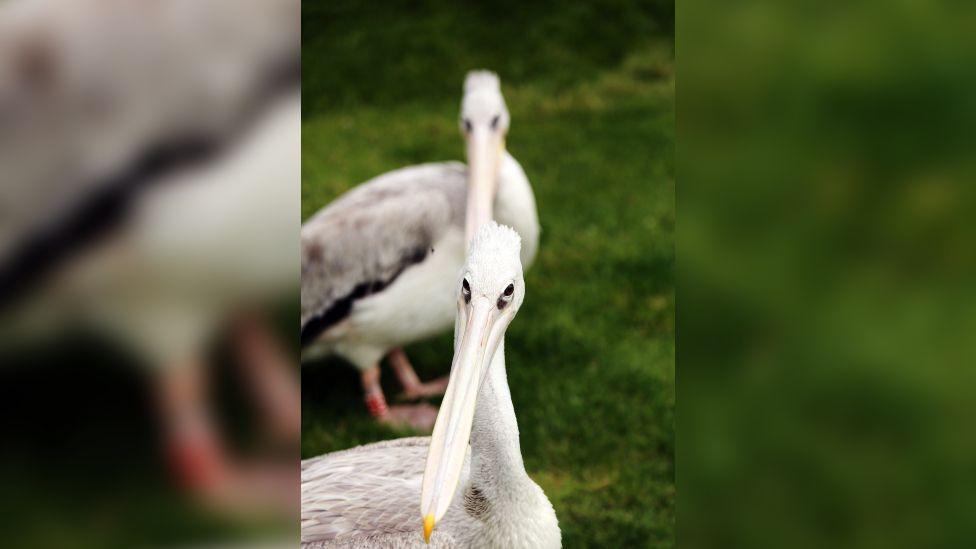
- Published11 January
